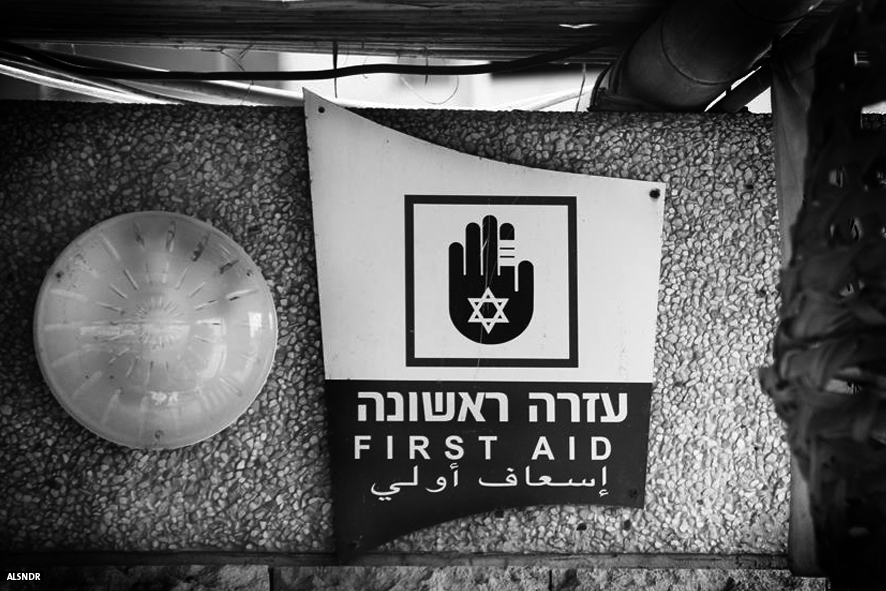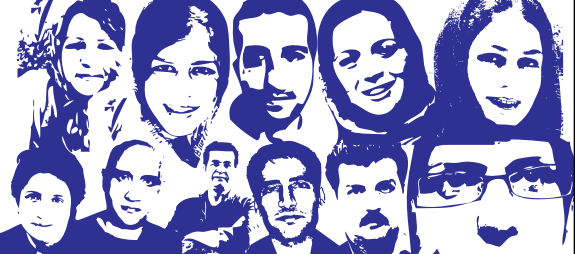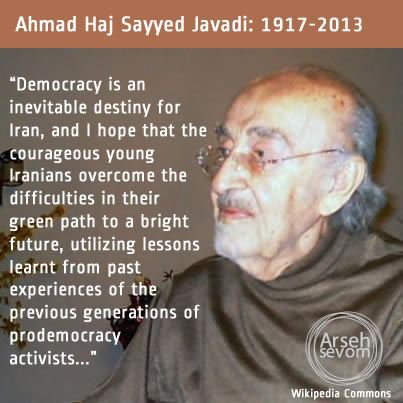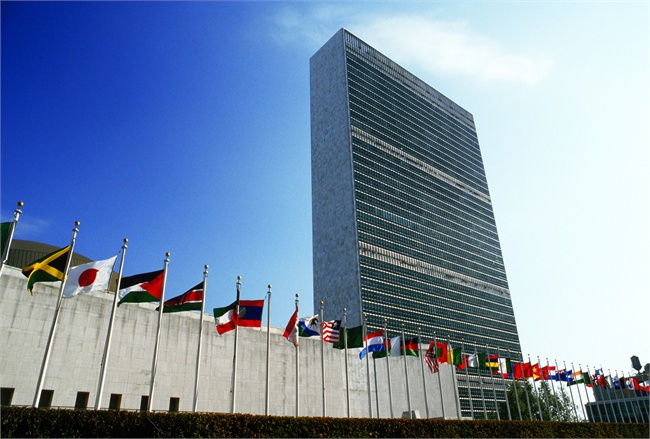
NGOs Call on UN Member States to Support UNGA Resolution Addressing Human Rights Abuses in Iran
November 22, 2012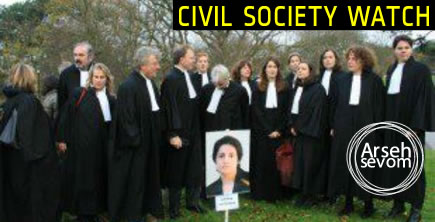
Iran: Hunger Strikes and Hungry Families
November 27, 2012Whose War is It?
Supporting Palestinians is a foreign policy priority for Iran according to the spokesman for Iran’s Foreign Ministry, Ramin Mehmanparast. He added that it is the duty of Islamic countries to support Palestinians in Gaza and offer humanitarian aid.
Hezbollah leader Hassan Nasrollah emphasized the point saying [fa],
“Iran, Syria, and Hezbollah will not abandon Gaza and its people. Just as we were with them over the past several years we will continue to stand by them. This is our religious and moral and humanitarian obligation.”
Many wonder if Iran’s policy is genuine support of “the people” or a ploy to shift the narrative away from their flailing policy in Syria. Is providing Hamas with weapons a solution leading to ceasefire or conflict escalation? The fact of the matter is that innocent people are getting killed on both sides. The blogger Kamangir writes:
“He who fires a missile bears full responsibility. Children and adults are at the other end of the missile. The missile striker is a criminal regardless of whether it kills anyone or not.”
Iran’s official stance against Zionism dates back to August 1979 when in solidarity with Palestinians, Ayatollah Khomeini declared the liberation of Jerusalem a religious duty to all Muslims. This pro-Palestinian day of protest, known as Quds Day, is annually sponsored, commemorated, and organized by the Iranian government on the last Friday of Ramadan. Quds Day has now expanded to many other countries as well and has become a symbol of solidarity with Palestinians under occupation. Although millions of Iranians attend this parade annually, the authenticity and voluntary participation of them is in question.
During the last Gaza war, “the existence of NGOs was made contingent on their support of Gaza.” [fa] Three years ago, protests after the disputed Presidential election not only criticized the suppression of rights at home but Iran’s interventions abroad. Demonstrators chanted:
“No to Gaza. No to Lebanon. My life only for Iran.”
The chant was widely criticized and willfully misunderstood by Iranian authorities at the time. The chant reflects a demand from civil society for government accountability and a criticism of its policy to poke its nose into the affairs of Hamas and Hezbollah.
Anyone who does not side with the Iranian government’s policy is considered pro-Zionist. Condemning Hamas publicly means becoming a target. The Office for Consolidating Unity [Daftar-e Tahkim-e Vahdat], an Iranian student organization, became a victim of this policy because of its stance against both Hamas and Israel in the previous Gaza war and was called “Radio Israel” by Kayhan, the most conservative newspaper in Iran and one affiliated with the office of the Supreme Leader.
On Zamaneh Tribune, the author of the post Palestine is not our problem! [fa] writes:
“There are people who claim to be the public’s voice and believe that the issue of Palestine is our problem and our relations with the rest of the world are viewed through that prism. Whoever disagrees with them is [accused of] being fascist or racist.”
Despite the tortured politics there is support for Palestinians in the Iranian community. This image shows a demonstration in front of Israel’s consulate in New York.
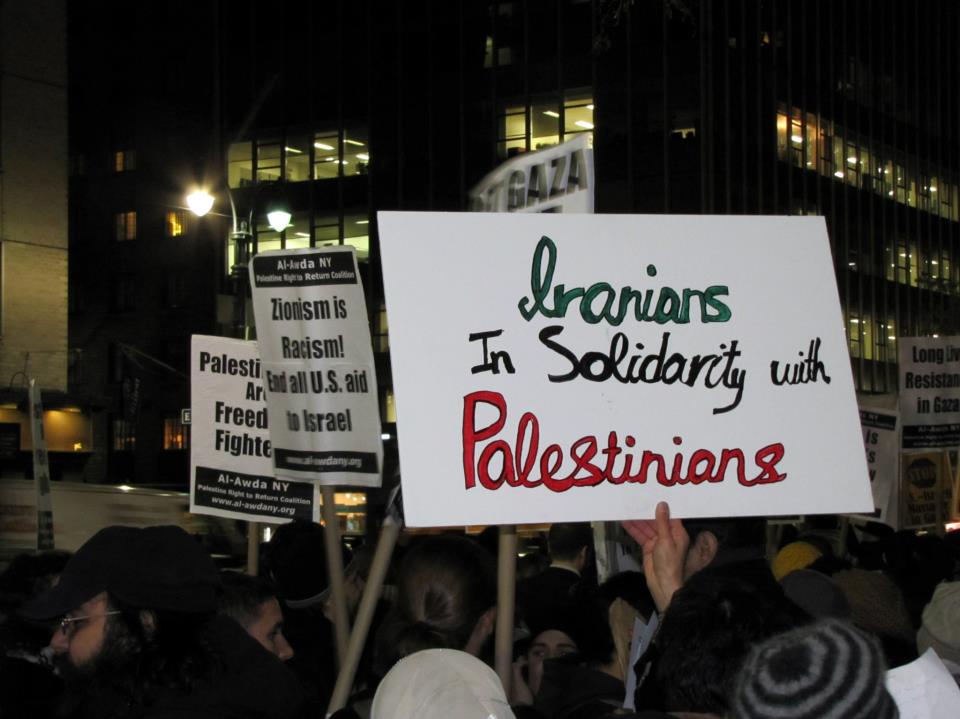
Photo courtesy of Havaar: the Iranian initiative against war, sanctions and state repression
In a post called Palestine’s Bloody Wound, Mikhak [fa] makes an argument in support of the Palestinian people and saying:
“The correct position to take in the Palestine issue is undoubtedly to support Palestinians. Not supporting Gazans because Hamas is ruling them or because they elected Hamas someday is like agreeing that we deserve to suffer because of the cruelty of the Islamic Republic [of Iran].”
The author goes on to denounce Hamas ideology while supporting the Palestinians.
by Peyman Majidzadeh


